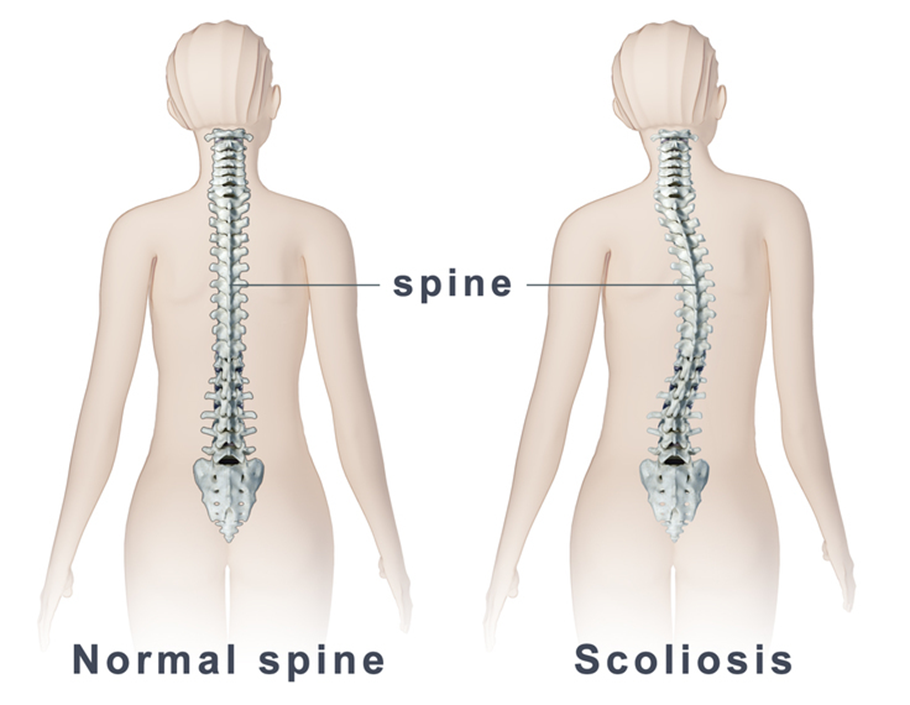What assessment should the nurse make before initiating an IV infusion of dextrose in normal saline solution with 20 mEq KCL per liter for a child hospitalized with dehydration?
Fluid intake
Urine output
Capillary refill
Number of stools
The Correct Answer is B
Choice A reason:
Assessing fluid intake is important in managing dehydration, but it is not the most critical assessment before initiating an IV infusion containing potassium chloride (KCL). Fluid intake provides information about the child’s hydration status but does not directly indicate kidney function. Since potassium can cause hyperkalemia if not properly excreted, monitoring urine output is more crucial.
Choice B reason:
Urine output is the most important assessment before initiating an IV infusion containing potassium chloride (KCL). This is because adequate urine output indicates that the kidneys are functioning properly and can excrete excess potassium. Administering potassium chloride without ensuring proper kidney function can lead to hyperkalemia, a potentially life-threatening condition. Therefore, checking urine output is essential to prevent complications.
Choice C reason:
Capillary refill is a useful assessment for evaluating peripheral perfusion and hydration status. However, it does not provide direct information about kidney function or the body’s ability to excrete potassium. While capillary refill can be part of the overall assessment, it is not the most critical factor before administering an IV infusion with potassium chloride.
Choice D reason:
The number of stools is relevant in assessing dehydration, especially if the child has been experiencing diarrhea. However, like fluid intake, it does not directly indicate kidney function. Monitoring urine output is more important before administering potassium chloride to ensure the kidneys can handle the additional potassium load.
Nursing Test Bank
Naxlex Comprehensive Predictor Exams
Related Questions
Correct Answer is C
Explanation
Choice A reason:
A diet consisting of low-fat, low-carbohydrate foods is not specifically recommended for managing severe edema associated with acute glomerulonephritis. While a balanced diet is important, the primary dietary focus should be on reducing sodium intake to prevent fluid retention and manage edema. Therefore, this choice is not the most appropriate recommendation.
Choice B reason:
Decreasing the number of calories in the child’s diet is not a primary recommendation for managing severe edema associated with acute glomerulonephritis. The focus should be on reducing sodium intake rather than calorie restriction. Adequate nutrition is essential for the child’s overall health and recovery1. Therefore, this choice is not the most appropriate recommendation.
Choice C reason:
Avoiding adding salt to the child’s food is a key recommendation for managing severe edema associated with acute glomerulonephritis. Sodium can lead to water retention, which can worsen edema and increase blood pressure. A low-sodium diet helps to reduce fluid retention and manage the symptoms of glomerulonephritis. This is the most appropriate dietary recommendation for managing severe edema in this condition.
Choice D reason:
Increasing the amount of protein in the child’s diet is not recommended for managing severe edema associated with acute glomerulonephritis1. In fact, protein intake may need to be monitored and possibly restricted to prevent the buildup of waste products in the blood1. The primary dietary focus should be on reducing sodium intake to manage edema. Therefore, this choice is not the most appropriate recommendation.
Correct Answer is B
Explanation
The correct answer is b. Preadolescent growth spurt
Choice A reason:
Idiopathic scoliosis is not typically noticeable when a toddler begins to walk. At this stage, the spine is still developing, and any curvature is usually not significant enough to be detected. Idiopathic scoliosis most commonly becomes noticeable during periods of rapid growth, which occur later in childhood.
Choice B Reason:
The preadolescent growth spurt is the period when idiopathic scoliosis becomes most noticeable. This is because the rapid growth during this time can exacerbate the curvature of the spine. Idiopathic scoliosis often becomes apparent between the ages of 10 and 18 years, when children experience significant growth spurts.

Choice C Reason:
Late adolescence is not the period when idiopathic scoliosis becomes most noticeable. By this time, most children have completed their major growth spurts, and any scoliosis would likely have been detected earlier. The condition is typically identified during the preadolescent growth spurt.
Choice D Reason:
The newborn period is not associated with the development of idiopathic scoliosis. While congenital scoliosis can be present at birth, idiopathic scoliosis develops later in childhood, particularly during periods of rapid growth.
Whether you are a student looking to ace your exams or a practicing nurse seeking to enhance your expertise , our nursing education contents will empower you with the confidence and competence to make a difference in the lives of patients and become a respected leader in the healthcare field.
Visit Naxlex, invest in your future and unlock endless possibilities with our unparalleled nursing education contents today
Report Wrong Answer on the Current Question
Do you disagree with the answer? If yes, what is your expected answer? Explain.
Kindly be descriptive with the issue you are facing.
